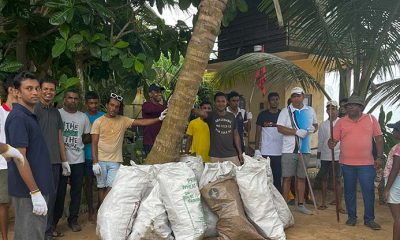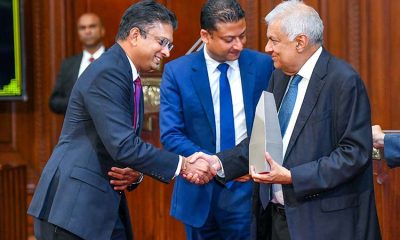News
The Caste System
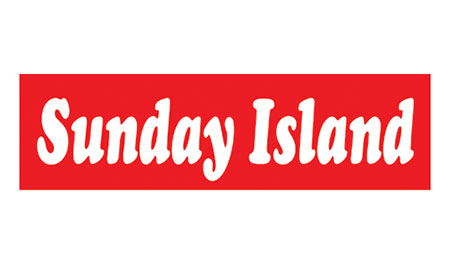
by Vijaya Chandrasoma
Sri Lanka has been long considered a caste-blind society on the basis that it is a predominantly Buddhist country, and the Buddha himself denounced the caste system which was the accepted social stratification system in India.
However, the Sinhalese caste system certainly prevails today, perhaps not to the same degree it existed 100 years ago.
Though the significance of castes may depend on social and educational standing, it still plays an important role in matrimony. Personals in today’s newspapers abound with matrimonial advertisements, which, rather like the dating sites of the west, remain the best way to contract a marriage in a country where open and casual dating is still, by and large, frowned upon. And, unlike the dating sites of the west, requirements of race, religion, caste and often horoscopes are almost always specified.
Whether it’s a marriage based on caste, social and financial standing, or other criteria of compatibility; or the “love marriage” preferred by the progressives, the institution remains a crapshoot. The odds of divorce in the west currently stand at even money, because divorce is both easy and subject to no stigma. Divorce in Sri Lanka is rarer, as it has a social infrastructure to hold a marriage together, but the odds of a happy marriage, without divorce entering the equation, are also about even money.
Caste has never been an issue in our family. For those of us in the lower, or horrors of horrors, mixed lower castes, we proudly say that we do not care about caste. Rather like the billionaire who says he does not care about money. Or the lady married to an Adonis who says she doesn’t care for looks.
There is an interesting story about one of my aunts, which may throw some light on the caste system prevalent in Sri Lanka (Ceylon) in the mid-20th century. The social injustice this system represents prevails, to a lesser degree, even today.
My aunt was a most attractive lady, who met a gentleman at the university. They had a romantic relationship, and were planning to get married. There was one huge problem, however. My father was from the Karawa (fisher) caste, while the prospective groom was of the ‘high’ Goyigama (farmer) caste. Or was he even from the so-called aristocratic Radala caste? I don’t know, my knowledge of the caste system is just about non-existent, constrained as it is by an explanation given by my father, which I will relate at the end of this anecdote. They were planning nuptials, without first getting the blessing of the groom’s parents.
When the father of the prospective groom heard about the impending social disaster to his family, he immediately took a train to Hikkaduwa and imperiously told a villager to summon my grandfather to meet him at the railway station. The villager came back with the response from my grandfather, that if the honorable gentleman wishes to meet him, he’s welcome to do so at his residence.
So the noble gentleman humiliated himself by proceeding to my ‘low-caste’ grandfather’s house. Shunning traditional formalities, he told the old man that his son and my aunt were planning on getting married, which was unacceptable because of the difference in caste. To which my grandfather replied, I am sorry, sir, but you must get your son to stop this marriage. I am unable to do so, as I already have agreed to the marriage of my oldest son (my father) to a lady of an even ‘lower’ caste. My mother was of the ‘low’ Durawa caste, traditionally toddy-tappers, a caste I suspect didn’t even make the top ten. So the high-caste gentleman went back to his aristocratic mountains, and prevailed on his son to desist. Which was the end of that romance.
Time went by. My aunt, obviously a glutton for punishment, fell in love with another of these ‘high-caste’ types. His father, too, objected to the marriage, and made the same trek to Hikkaduwa, meeting with the same response from my grandfather.
My grandfather used to break into English when he was excited. So when his daughter came home for her vacation from the university, he exclaimed, “Your second father-in law also came”.
That particular high-caste gentleman disregarded his parents’ objections and married my aunt. Actually, he was a nice guy, and he was trading up. They enjoyed a long and very happy marriage.
My father’s attitude to the caste system is best illustrated by his answer to a question I think my younger brother Praki asked him when he was about seven years old. He said that the kids at school were talking about their castes, and wanted to know to which caste we belonged. My father said, Well, son, your mother is Durawa, I am Karawa, so you must be Jarawa (filth or trash in Sinhala).
Latest News
Minimum daily wage of plantation workers increased to Rs 1700
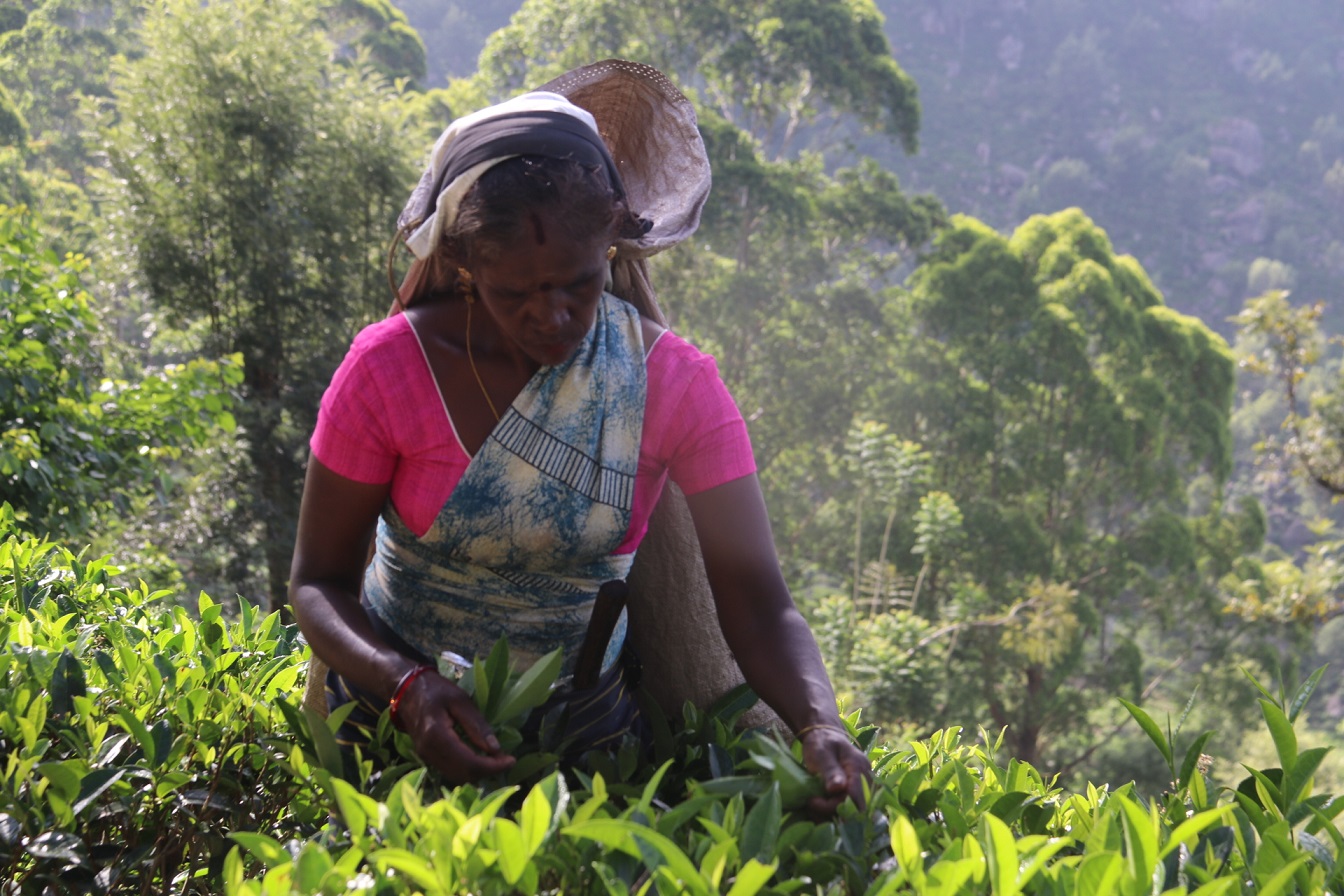
Addressing the Ceylon Workers Congress (CWC) May Day rally in Kotagala this morning (01) President Ranil Wickremesinghe announced that the minimum daily wage of plantation workers has been increased to Rs1700/-
The President said that a gazette extraordinary has been issued in this regard.
News
Prez accused of seeking to gain total control of public finance
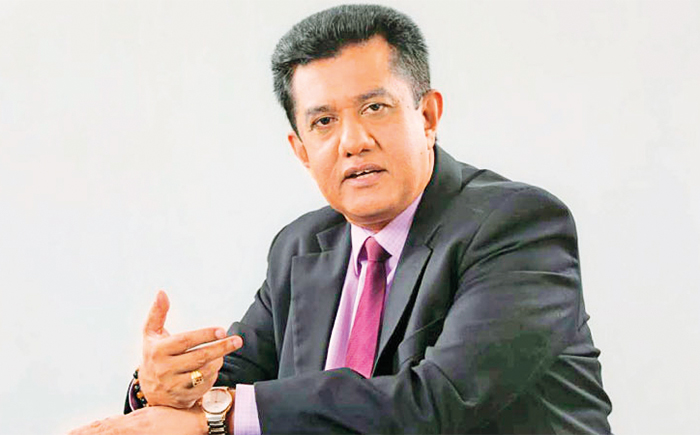
‘Public Debt Management Bill threat to democratic governance’
By Shamindra Ferdinando
Opposition MP Charitha Herath yesterday (30) alleged that the controversial Public Debt Management Bill that had been tabled in Parliament last week was aimed at bringing public sector finance entirely under the Finance Minister.
Claiming that UNP leader and President Ranil Wickremesinghe, in his capacity as the Finance Minister, seemed to be bent on achieving total control over public finance, dissident SLPP MP warned of dire consequences if the ruling party backed what he called an authoritarian move.
Herath dealt with the Public Debt Management Bill at a briefing held at the Nawala office of the Nidahasa Janatha Sabhawa.
Several members of the SLPP dissident group, including Prof. G.L. Peiris and Dr. Nalaka Godahewa, have aligned themselves with the main Opposition Samagi Jana Balawegaya (SJB).
The National List MP said that the proposed Bill would deprive other members of the Cabinet, including the Prime Minister, of powers so far exercised by them pertaining to their ministries and instead subjecting them to the Finance Minister’s control.
Once this Bill received the approval of Parliament, as far as public finance matters are concerned, all other ministries would be irrelevant, MP Herath said.
The issue at hand is that the President happened to be the Finance Minister, MP Herath said. Responding to a query regarding the responsibility of Parliament for public finance raised by The Island, MP Herath said: “In terms of Article 148, all public finances will be under the total control of Parliament. Therefore, the Finance portfolio, being under a person not represented in Parliament, is a matter for serious concern. If public finance is constitutionally under Parliament, the executive shouldn’t, under any circumstances, hold that particular portfolio.”
The Public Debt Management Bill had been formulated in such a way that once Parliament approved it, the Finance portfolio could be held only by a President, the Opposition MP said, asserting that the democratic way of governance was facing an extreme threat.
Asked to explain, MP Herath said that the latest move seemed to be in line with Wickremesinghe’s overall political strategy in the run-up to the presidential election.
MP Herath issued copies of the Bill to the media urging them to vigorously pursue the issue. The SLPPer found fault with political parties and the media for not paying sufficient attention to the developing dictatorial situation.
Referring to the passage of the Central Bank of Sri Lanka Bill on July 20, 2023, MP Herath said that though the UNP had just one National List MP in Parliament Wickremesinghe obviously achieved the unthinkable by craftily exploiting the current situation. The Second Reading of the Bill was passed by a majority of 42 votes, with 66 voting in favour and 24 voting against it.
The Public Debt Management Bill would cause further deterioration of democratic governance, MP Herath alleged, claiming that the President was seeking an apparatus hitherto unavailable to any President to control public finance.
MP Herath claimed that the Wickremesinghe-Rajapaksa government had formulated the Public Debt Management Bill on the basis of the IMF’s recommendations/conditions in the wake of the unprecedented economic crisis that erupted in late 2021. Acknowledging that the country hadn’t been out of the woods yet though the government finalized agreement with the IMF in March 2023 regarding the USD 2.9 bn bailout package, MP Herath said the solution couldn’t be found in an apparatus run by the executive.
Had that happened, there wouldn’t be any meaning to Parliament being constitutionally responsible for public finance, MP Herath said.
The first-time entrant to Parliament said that the UNP leader had no regard for democratic way of governance. The move to break-up the Ceylon Electricity Board (CEB) and privatize various cash cows meant that the UNP leader pursued his same old agenda that had been over and over again rejected by the electorate.
MP Herath urged his colleagues to be mindful of their responsibilities as the President was all out to privatize the remaining public assets.
News
Govt. to ban corporal punishment

The government has decided to prohibit corporal punishment.
Taking to ‘X’, President Ranil Wickremesinghe announced that the Cabinet had approved amendments to the Penal Code and Criminal Procedure Code to prohibit corporal punishment.
Pointing out that UNCRC Article 19 urges protection against all forms of violence towards children, the President has said the Committee on the Rights of the Child, in General Comment No. 8, stresses that corporal punishment must be prohibited in all settings.
President Wickremesinghe has said that the Cabinet approval paves the way for legal protections to ensure that no child in Sri Lanka suffers physical or mental violence.
The President has said the decision to ban corporal punishment was taken in view of the ‘International Day to End Corporal Punishment’, which fell on 30 April.
-

 Business5 days ago
Business5 days agoSri Lanka Resorts of Cinnamon Hotels & Resorts mark Earth Day with impactful eco-initiatives
-

 Business6 days ago
Business6 days agoDialog Axiata recognised as the Most Significant FDI Contributor by BOI
-

 Business6 days ago
Business6 days agoUNESCAP Technical Cooperation Highlights Report flags significant strides in its partnership with Sri Lanka
-

 Business7 days ago
Business7 days agoComBank crowned ‘Best Bank in Sri Lanka’ by Global Finance for 22nd year
-

 Business7 days ago
Business7 days agoCinnamon Lakeside Colombo welcomes Nazoomi Azhar as its new General Manager
-

 News4 days ago
News4 days agoGerman research ship allowed Sri Lanka port call after Chinese-protest led clarification
-

 News4 days ago
News4 days agoSri Lankan Oil and Gas exploration grinds to a standstill amid protracted legal battle
-

 Editorial6 days ago
Editorial6 days agoShocks from Bills












